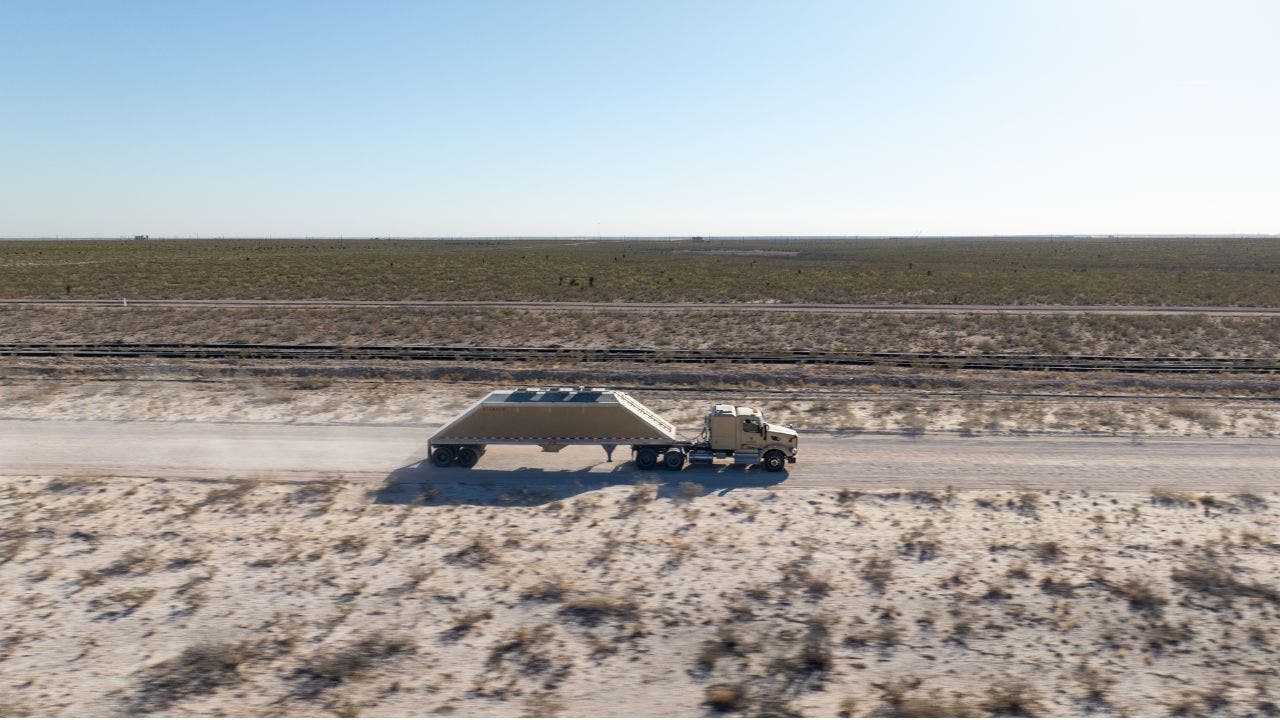The Future of Freight: How Autonomous Trucks Are Revolutionizing Cargo Delivery
As we stand on the brink of a technological revolution, it’s impossible to ignore the profound changes that autonomous trucks are bringing to the freight industry. These self-driving vehicles are not just a vision of the future; they are already being tested and deployed on roads across the globe. The rise of autonomous trucks promises to enhance the efficiency of cargo delivery, streamline logistics operations, and reshape the way we think about transportation. However, this shift also raises critical questions regarding safety, job displacement, and the overall future of freight transport.
Understanding Autonomous Trucks
Autonomous trucks are equipped with advanced technologies such as artificial intelligence (AI), machine learning, radar, and lidar systems that allow them to navigate roads without human intervention. These vehicles can analyze vast amounts of data in real-time, making decisions about speed, route, and obstacle avoidance as they transport goods. Major companies, including Tesla, Waymo, and various logistics firms, are investing heavily in this technology, indicating a robust market trend towards autonomy in freight transport.
Efficiency and Cost Savings
One of the most significant advantages of autonomous trucks is their potential to improve efficiency and reduce costs in cargo delivery. Here are some key benefits:
- Reduced Labor Costs: By minimizing the need for human drivers, companies can significantly cut down on labor expenses, which often represent a large portion of operational costs.
- Extended Driving Hours: Autonomous trucks can operate for longer periods without the need for breaks, increasing the volume of goods transported in a shorter timeframe.
- Optimized Routes: Advanced algorithms can determine the most efficient routes in real-time, taking into account traffic conditions, road closures, and other variables.
- Lower Fuel Consumption: Self-driving technology can optimize driving patterns, leading to less fuel consumption and reduced emissions.
These efficiencies could translate into lower prices for consumers and more competitive markets for businesses, making goods more accessible to a broader audience.
Safety Considerations and Challenges
While the promise of autonomous trucks is enticing, safety remains a paramount concern. According to the National Highway Traffic Safety Administration (NHTSA), human error accounts for approximately 94% of road accidents. Autonomous trucks have the potential to reduce this number significantly. However, several challenges must be addressed:
- Technological Reliability: The technology powering autonomous trucks must be fail-proof to ensure the safety of other road users. Continuous testing and updates are necessary to improve reliability.
- Cybersecurity Risks: As with any connected technology, autonomous trucks are vulnerable to hacking and cyberattacks, which could compromise their operation and safety.
- Legal and Regulatory Frameworks: Governments and regulatory bodies must develop comprehensive laws and guidelines to govern the operation of autonomous vehicles on public roads.
Addressing these challenges will be crucial to gaining public trust and ensuring the safe integration of autonomous trucks into the freight ecosystem.
Job Displacement: A Double-Edged Sword
The advent of autonomous trucks has sparked a heated debate about job displacement in the freight and transportation sectors. While automation has the potential to create new roles in technology maintenance, logistics management, and data analysis, it also poses a threat to traditional driving jobs.
Industry experts predict that the transition to autonomous trucks may lead to significant job losses in long-haul trucking. According to the American Trucking Associations, there are approximately 3.5 million professional truck drivers in the U.S. The shift to automation could displace a substantial number of these drivers, raising concerns about economic stability for affected workers.
However, it’s important to note that this transition will take time. The full adoption of autonomous trucks will likely occur gradually, allowing for workforce adaptation. Training programs can be developed to help displaced workers transition into new roles in the evolving transportation landscape.
The Environmental Impact
Another crucial aspect of the future of freight with autonomous trucks is their potential environmental impact. The logistics and transportation sectors are significant contributors to greenhouse gas emissions. Autonomous trucks, with their optimized driving patterns and reduced fuel consumption, could play a vital role in mitigating these emissions. Here’s how:
- Fuel Efficiency: By driving in a more controlled manner and maintaining optimal speeds, autonomous trucks can achieve higher fuel efficiency than human drivers.
- Electric and Hybrid Options: Many companies are developing electric or hybrid autonomous trucks, which could further reduce emissions and reliance on fossil fuels.
- Smart Logistics: Autonomous trucks can be integrated into a broader smart logistics network, enhancing the efficiency of entire supply chains and reducing waste.
Investing in autonomous trucking technology could thus align with global efforts to combat climate change and promote sustainable practices in the transportation sector.
Public Perception and Acceptance
The acceptance of autonomous trucks by the public is a crucial factor in their widespread implementation. Initial reactions have been mixed, with many people expressing concerns about safety and the implications for jobs. However, as technology continues to evolve and demonstrate its reliability, public perception is likely to shift.
Education will play a significant role in this transition. Informing the public about the safety measures and technological advancements involved in autonomous trucking can help alleviate fears and foster acceptance. Public demonstrations and pilot programs can also showcase the benefits of this technology in real-world scenarios.
Conclusion: Embracing the Change
The future of freight is undoubtedly tied to the rise of autonomous trucks. As this technology continues to develop, it promises to revolutionize cargo delivery by enhancing efficiency, reducing costs, and minimizing environmental impact. However, it also raises critical questions regarding safety, job displacement, and public acceptance. Balancing these factors will be essential as we navigate the transition towards a more automated transportation landscape.
Ultimately, embracing the change that autonomous trucks bring will require collaboration among businesses, government agencies, and the public. Together, we can create a future where technology and human ingenuity work hand in hand to deliver goods safely, efficiently, and sustainably.
See more Future Tech Daily

